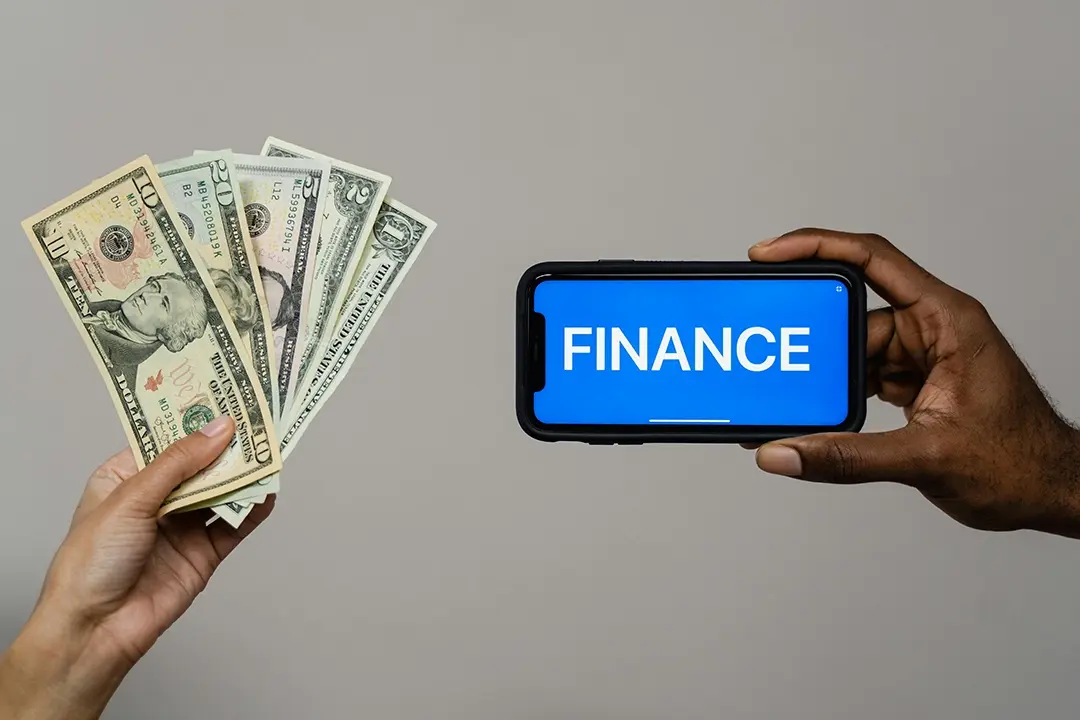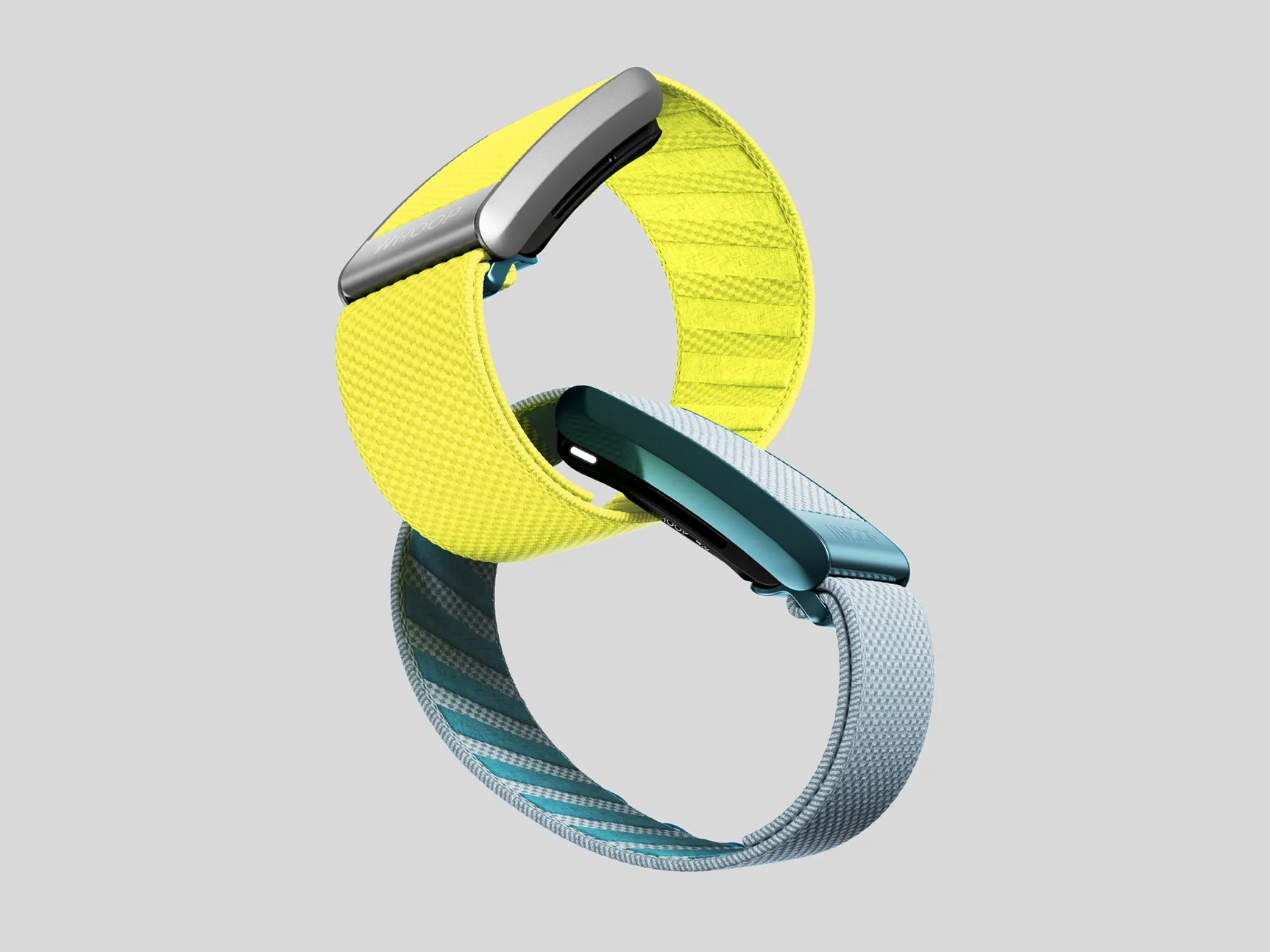
Kudos has partnered with CardRatings and Red Ventures for our coverage of credit card products. Kudos, CardRatings, and Red Ventures may receive a commission from card issuers. Kudos may receive commission from card issuers. Some of the card offers that appear on Kudos are from advertisers and may impact how and where card products appear on the site. Kudos tries to include as many card companies and offers as we are aware of, including offers from issuers that don't pay us, but we may not cover all card companies or all available card offers. You don't have to use our links, but we're grateful when you do!
Does Opening a Savings Account Affect Your Credit Score?
July 1, 2025


Quick Answers
Opening a savings account does not involve a hard credit inquiry, so it will not directly impact your credit score.
Your savings account balance and transaction history are not reported to the three major credit bureaus, meaning they do not factor into your credit report.
Financial institutions may conduct a soft credit check to verify your identity during the application process, but this type of inquiry does not affect your credit score.
What Does It Mean to Open a Savings Account?
Opening a savings account is the process of establishing a deposit account at a financial institution specifically for setting money aside. It serves as a secure place to store funds for future goals or emergencies while typically earning a modest amount of interest. This action requires providing personal identification and an initial deposit to a bank or credit union to get started.
When you open a savings account, the bank usually performs a soft check on your credit, which does not affect your credit score. Therefore, the process of opening the account itself generally has no direct impact on your credit standing. Its primary function is to facilitate personal savings and financial stability, operating independently of your credit-building activities.
How Opening a Savings Account Can Affect Your Credit Score
Contrary to popular belief, opening a new savings account typically has no direct impact on your credit score. Here’s a look at the indirect ways this financial habit can influence your credit.
Initial Account Opening: When you open a savings account, banks usually perform a soft credit inquiry to verify your identity. Unlike a hard inquiry, this does not affect your credit score.
Linked Credit Products: If you sign up for overdraft protection, which is a form of credit, the bank may conduct a hard inquiry. This can cause a small, temporary dip in your score.
Building an Emergency Fund: A well-funded savings account acts as a financial safety net. This reduces the need to rely on credit cards for unexpected expenses, helping you maintain a low credit utilization ratio.
Paying Down Debt: You can use your savings to pay down high-interest debts, such as credit card balances. Lowering your overall debt load has a significant positive effect on your credit score.
Credit-Builder Loans: Some financial products tie a loan to a savings account. Your timely payments are reported to credit bureaus, building a positive payment history, while the funds are held in savings for you.
How Much Will Opening a Savings Account Affect Your Credit Score?
Opening a new savings account generally has a minimal, if any, effect on your credit score. Here are a few key considerations to understand why that is the case.
- Soft vs. Hard Inquiries. Banks typically perform a soft inquiry to verify your identity when you open a savings account. This type of check does not impact your credit score, unlike a hard inquiry for a loan.
- No Credit History Reporting. Since savings accounts are not a form of credit, your activity is not reported to the major credit bureaus. Your balance and transaction history do not influence your credit score in any way.
How You Can Avoid Opening a Savings Account Affecting Your Credit Score
Opt-Out of Overdraft Protection
When opening your account, consider declining overdraft protection if it’s linked to a line of credit. This service can trigger a hard credit inquiry, which may temporarily lower your score. Sticking to a basic savings account avoids this potential credit check.
Inquire About the Credit Check Type
Before you apply, ask the financial institution directly what type of credit check they perform. Clarifying whether they use a soft pull, which doesn't impact your score, or a hard pull can help you make an informed decision and protect your credit.
Choose Institutions Known for Soft Pulls
Some banks and credit unions are known for only conducting soft inquiries for deposit accounts. A little research beforehand can guide you to institutions that won't perform a hard credit check, thereby leaving your credit score completely untouched during the application process.
Ways to Improve Your Credit Score
Improving your credit score is an achievable goal that is possible through consistent, positive financial behaviors. While it takes time and effort, you can see meaningful changes by following a few proven methods.
- Monitor your credit reports regularly. Obtain your free reports from the three major bureaus to identify and dispute any inaccuracies, which can help remove negative marks from your record.
- Establish automatic bill payments. Since payment history is the most significant factor in your score, setting up automatic payments is a straightforward way to ensure you never miss a due date.
- Reduce your credit utilization ratio. Aim to keep your credit usage below 30% of your total available credit, as high utilization can negatively impact your score.
- Become an authorized user. You can be added to the credit card of someone with a strong payment history, allowing their good habits to positively influence your score.
- Limit hard inquiries. Applying for too much new credit in a short period can temporarily lower your score, so it's best to space out applications.
- Consider a credit-builder loan. These small loans are designed specifically to help you build a positive payment history and can be found at credit unions or online lenders.
The Bottom Line
Opening a savings account generally does not affect your credit score. Banks typically perform a soft inquiry, which isn't reported to credit bureaus like the hard inquiries for credit applications are.
Frequently Asked Questions
Does opening a savings account affect my credit score?
No, opening a standard savings account does not directly impact your credit score because these accounts are not reported to the major credit bureaus.
Do banks check my credit when I open a savings account?
Banks typically perform a soft credit inquiry to verify your identity, which is standard practice. This type of check does not affect your credit score.
Can a savings account help me build credit?
A traditional savings account does not build credit. However, some financial institutions offer credit-builder loans, which are secured by your savings and reported to credit bureaus.
Unlock your extra benefits when you become a Kudos member

Turn your online shopping into even more rewards

Join over 400,000 members simplifying their finances

Editorial Disclosure: Opinions expressed here are those of Kudos alone, not those of any bank, credit card issuer, hotel, airline, or other entity. This content has not been reviewed, approved or otherwise endorsed by any of the entities included within the post.



































.webp)

.webp)






